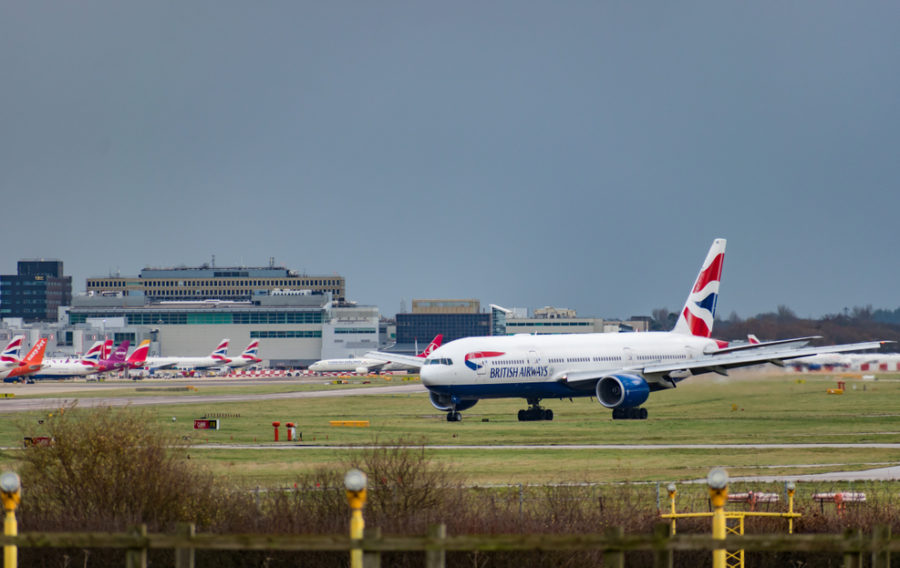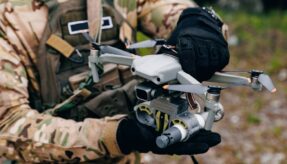
The no-fly zone for drones around airports and runways has been increased after travel problems last year.
New restrictions have come into force which increases the no-fly-zone for drones around airports from 1km too 5km and above 400ft. The repercussions of illegal drone use will also be changed, ranging from fines to life imprisonment in the case of violent use.
Government ministers are also exploring ways to prevent drones from being misused. Meetings are being held with drone manufacturers to discuss preventative technology that will keep them out of restricted zones.
Aviation Minister Liz Sugg said: “Flying drones illegally puts others at risk both in the air and on the ground, so it’s vital they are used safely.”
“The majority of people using drones want to do so responsibly, so we have expanded a national campaign to ensure they know the rules – and the penalties.”
“The new Drones Bill, which is currently being drafted, will give new powers to the police to clamp down on those misusing drones and other small unmanned aircraft – including the power to access electronic data stored on a drone with a warrant. It will also include stop and search powers for drone users near aerodromes.”
The change comes after a drone flying near Gatwick Airport runways caused major disruption at the end of last year. The Drones Bill will give police more power to clamp down on illegal use.
The government is looking into counter-drone technology that can be installed during the manufacturing process. They are urging anyone who spots any malicious use of drones to alert crimestoppers or the police.
If you would like to join our community and read more articles like this then please click here.
airport security aviation security drone security drones Gatwick Government UK Government








